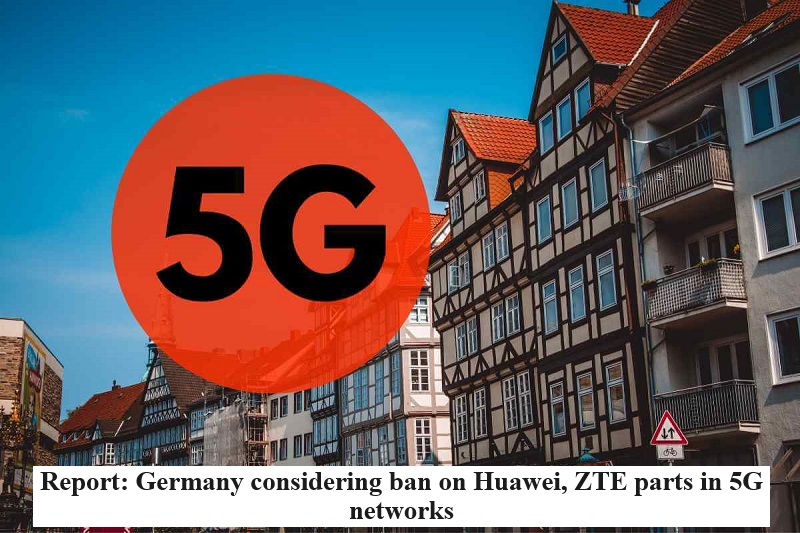
Germany is reportedly contemplating a ban on components produced by Chinese manufacturers Huawei and ZTE in its 5G networks, possibly starting in 2026, according to various reports.
Government sources suggest that the Chinese firms would be excluded from Germany’s “core network” as part of a “de-risking” strategy.
In addition to a complete ban on new components from Chinese firms, the German government intends to extend the ban to components that are already in use. The initial phase of the plan aims to remove Huawei and ZTE components from Germany’s “access and transport network.”
This move aligns with remarks made by German Chancellor Olaf Scholz in July when a 64-page document was published. The document encouraged German companies to reduce their dependence on China, highlighting the government’s examination of whether its existing toolbox is sufficient to support this shift.
Scholz stated, “We want to reduce critical dependencies in the future,” emphasizing that many companies have already adjusted to this new perspective. He further noted that while many companies would continue to invest in China and export to China, they would also seize opportunities to invest elsewhere, build alternative supply chains, and diversify their export destinations.
Huawei and ZTE, both prominent Chinese tech companies in the 5G sector, have faced difficulties in gaining a foothold in the Western world due to allegations made by former U.S. President Donald Trump. The U.S. contends that Huawei, ZTE, and other Chinese tech giants secretly access data transmitted through their network products and transmit it to Beijing’s Politburo offices.
Although many European nations have resisted these companies, Germany has been cautious in taking a confrontational stance against China, partially due to disagreements between the SPD and the Greens over how stringent the country’s stance on China should be and because China remains Germany’s largest trading partner.
However, recent controversies involving German Foreign Minister Annalena Baerbock and Chinese President Xi Jinping may expedite the decision to implement the proposed ban. After Baerbock referred to Xi as a ‘dictator,’ China’s foreign ministry responded by calling it “absurd” and an “open political provocation,” indicating a tense diplomatic standoff.

Post Your Comments